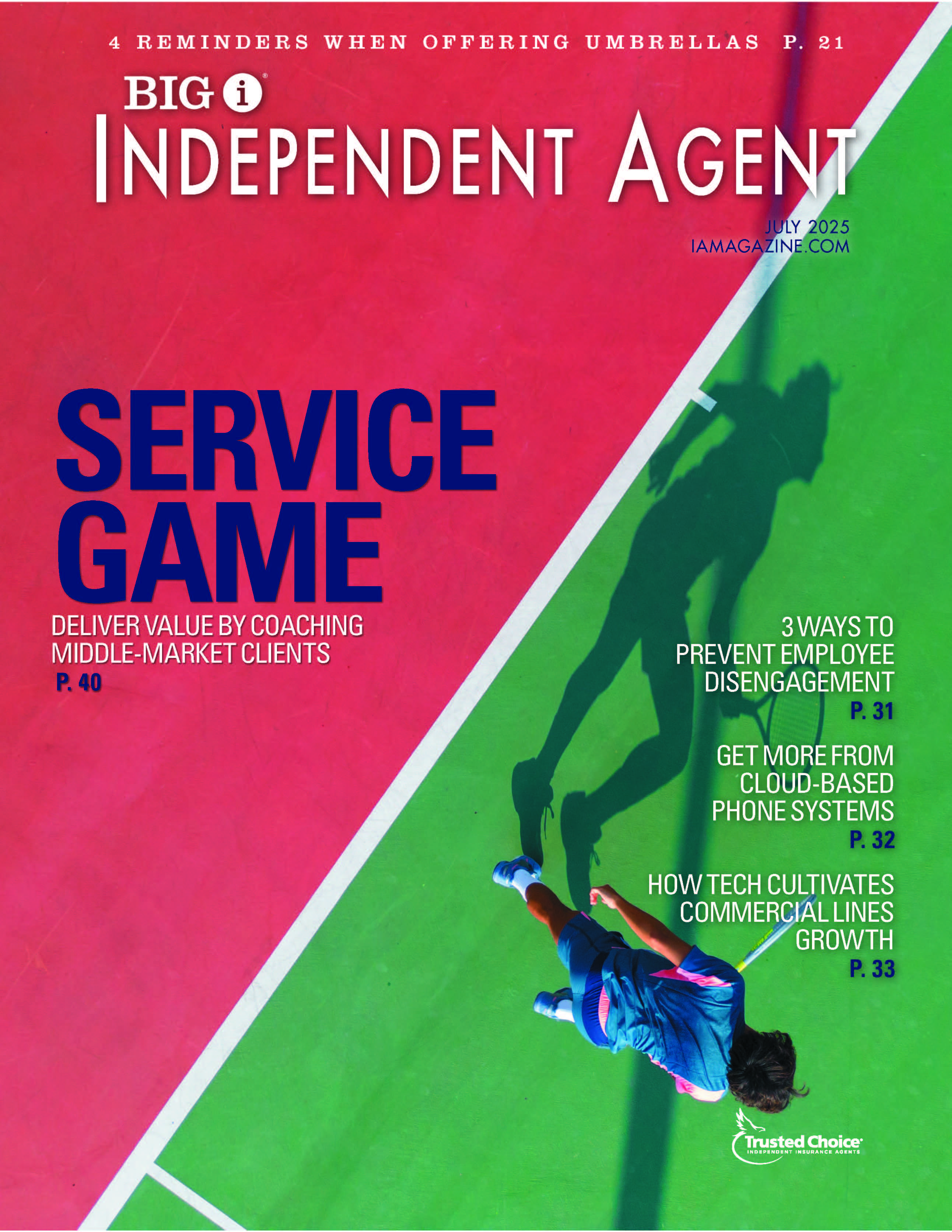Why Health Care Professionals Need Proactive Care From Carriers and Agents

By: Amy Hieatt
Since COVID-19’s arrival in the U.S. two and a half years ago, its ripples have been particularly acute for the health care industry, including creating provider shortages in an already stressed work environment. The resulting operational challenges have required medical providers to adapt in different ways.
The question for carriers that offer medical professional liability (MPL) insurance and independent agents is: How have they stayed apprised of how their clients have adapted?
There is probably no industry more dependent on data than the insurance industry. In every line of business, companies need to regularly recapture and reanalyze data to anticipate quickly developing trends, forecast future claims and price premiums more accurately.
The MPL niche is highly litigious. Therefore, insurance companies must closely monitor the frequency and severity of claims, especially with an eye toward social inflation that is accompanying larger jury verdicts and monetary awards. Further, MPL premiums have been on the rise, according to a report published by the American Medical Association in 2021.
Independent agents should never assume the status quo for health care clients at renewal time. Changes in health care are happening too rapidly to allow policies to renew without review. At least annually, the agent should use the policy renewal as an opportunity to have a conversation with the client to update their MPL coverage to reflect changes in the client’s health care delivery, such as expanded procedures or locations.
Prior to COVID-19, many physicians eschewed offering telehealth services, likely due to the required technological investment or because telehealth was not viewed as meaningful to a strictly local patient base. However, in 2021, telehealth service use increased by 38 times over a pre-pandemic baseline, according to McKinsey. Now, telehealth continues to evolve as an appropriate avenue to examine and treat patients with certain symptoms.
Typically, MPL policies have limited the use of telemedicine to no more than 25% of a medical practice’s volume, but during the onset of the pandemic, insurance companies were more flexible regarding their underwriting threshold. With COVID-19 infections fluctuating month to month, insurance companies are revisiting that flexibility. As a result, agents need to discuss their health care clients’ use of telemedicine relative to their MPL policy language. Otherwise, the client and agent may be surprised with a nonrenewal notice or an unanticipated change in the policy limits or premium at the next renewal.
Given the nuances of the MPL niche, agents who do not specialize in health care providers should seek a wholesaler partner. That wholesaler should be selected for more than just market access. Rather, the agent should evaluate the strength of the wholesaler’s industry specialization, as well as its capacity to design an individualized approach for the client by offering targeted products and programs, bold risk management solutions and analytics. The agent should partner with a wholesaler that can offer solutions for the most complex health care risk profiles.
It will be several years before the full impact of COVID-19 is felt in the MPL niche, and agents need to conduct a proactive review with their clients to ensure their practices are protected.
Amy Hieatt is specialty managing director of AB Risk, a connected risk solution.










